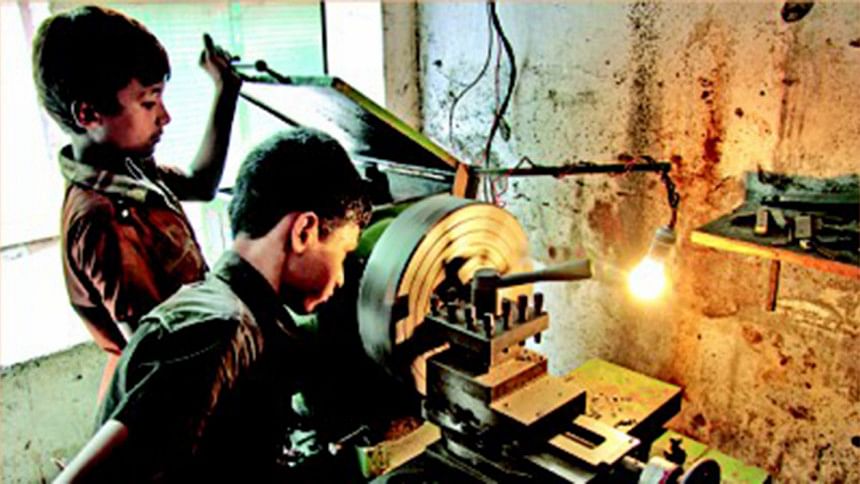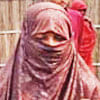57pc child workers face torture: study

Fifty-seven percent child workers in Bangladesh are physically tortured at work, according to a study.
The study conducted by Nielsen Company (Bangladesh) Ltd on behalf of the Family Planning Association of Bangladesh (FPAB) shows 66 percent domestic workers suffer mental torture, while seven percent of them are raped.
Prof ASM Amanullah of Dhaka University presented the study titled “Child Labour Situation in Informal Sector of Bangladesh” in a programme organised by Nielsen in the capital's CIRDAP Auditorium yesterday.
As many as 600 child labourers working in informal sectors of Dhaka, Chittagong and Khulna were surveyed in September 2015, Prof Amanullah said. He added that the objectives of the study were to identify the underlying causes of child labour and find possible measures and make recommendations to mitigate the problem.
The study found that 35 percent of child labourers do not have access to proper food and drinking water, while 22 percent work in hazardous condition.
Nielsen used Focus Group Discussion (FGD), In-depth Interview (IDI), Key Informant Interview (KII) and Case Study to study violence on children.
The study further revealed that 52 percent of the children aged between 15 and 18 worked 10.25 hours a day, 44 percent between 10 and 14 worked 10 hours a day and four percent between five and nine years of age worked 9.23 hours a day.
Citing the Bangladesh Labour Act (BLA), Prof Amanullah said the minimum age to work is 14 and the working hour is set at eight hours a day.
About 48 percent of the surveyed children said they started working at an early age because their parents wanted them to, while almost 43 percent said they engaged in work to support their families.
The study says around 84 percent went to school, but only 10 percent of them continued their education. The reasons behind this were poverty, family needs and fear of education and teachers.
Prof Amanullah said poverty, parent's influence, lack of knowledge about child rights and disability in the family were the main causes of child labour.
As many as 348 children said the payment given to them was not enough, while 420 of them said they could not afford their daily needs with their pay.
Prof Amanullah recommended a strong monitoring system and preventing employers from employing children below 12.
Expressing concerns, Honorary Secretary General of FPAB Mizanur Rahman Khan Liton said violence on children has been increasing day by day.
“We're worried about it.”
State Minister for Women and Children Affairs Meher Afroz Chumki held poor enforcement of laws responsible for child labour and violence on children.
She underscored the need for a change in the mentality of people to stop violence against children.
Honorary President of FPAB Masudur Rahman, Executive Director of FPAB AFM Matiur Rahman and Managing Director of Nielsen Anam Mahmud, among others, spoke on the occasion.

 For all latest news, follow The Daily Star's Google News channel.
For all latest news, follow The Daily Star's Google News channel. 








Comments